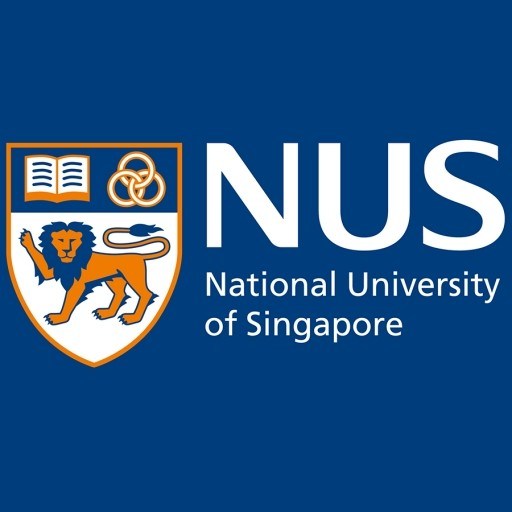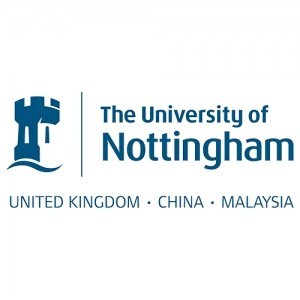Photos of university / #nus_singapore
This programme is designed for students who wish to advance their studies in how the economy works in a globalized environment. The programme which has an applied orientation requires students to undertake in addition to core theory courses, a variety of modules in various areas such as financial economics, economic development and policies, and international economics. All classes of the programme will be conducted in the evening.
The maximum period for the completion of the Master of Social Sciences (Applied Economics) programme is 36 months of full-time study or 48 months of part-time study from the commencement of the programme. The maximum periods include the time allowed for approved study leave but may exclude periods of leave of absence subject to Faculty approval.
A full-time candidate must complete at least three modules in a semester and may complete up to a maximum of five modules in a semester. A part-time candidate must complete at least one module in a semester and may complete up to a maximum of three modules in a semester.
Of the ten modules, three will be core foundation modules that are required of all students. The students are free to choose the other seven elective modules to take.
Core Compulsury Modules
- ECA5101 Microeconomics
- ECA5102 Macroeconomics
- ECA5103 Quantitative and Computing Methods
In lieu of these compulsory modules a candidate may opt to take EC5101 Microeconomic Theory, EC5102 Macroeconomic Theory, and EC5103 Econometric Modelling and Applications I from the Master of Social Sciences (by Research) Programme.
Applicants should have a good NUS Honours degree (second class and above) or the international equivalent (e.g., a four-year Bachelors degree with at least an average grade of B or equivalent) in the subject or related field (e.g., finance, accounting, mathematics, statistics, physics, engineering, operations research); or a good Bachelors degree (at least an average grade of B or equivalent) in the subject or related field and successful completion of a placement test which is in the form of an oral interview to be conducted by at least three members of the Applied Economics Committee.
Applicants whose native tongue and medium of university instruction is not English should submit the Test of English as a Foreign Language (TOEFL) or International English Language Testing System (IELTS) as evidence of their proficiency in the English language.
The following minimum TOEFL score is required:
- 85 for the internet-based test (with a minimum score of 22 for the writing section); or
- 580 for the paper-based test; or
- 237 for the computer-based test.
Alternatively, an IELTS result of 6.0 is required.
Want to improve your English level for admission?
Prepare for the program requirements with English Online by the British Council.
- ✔️ Flexible study schedule
- ✔️ Experienced teachers
- ✔️ Certificate upon completion
📘 Recommended for students with an IELTS level of 6.0 or below.
Scholarships
Six scholarships of $5,000 each will be awarded annually to students with the best academic performance in the core modules (i.e., ECA5101, ECA5102 and ECA5103). No application is necessary.
Tuition Grant
The substantial tuition subsidy from the Government of Singapore comes in the form of a tuition grant which is administered by the Ministry of Education (MOE) and offered to all admitted students. Students who apply and are approved for the tuition grants need only pay subsidised fees. While the tuition grant is not repayable, and Singapore citizens in receipt of it will not be required to undertake a service bond, the following accountability measures will apply:
All Singapore Permanent Residents and international students (except those already in receipt of a service bond from the PSC or the Ministry of Health) will be required to undertake a service bond under the terms of the tuition grant to work for a Singapore-registered company for three years upon completion of their degrees so as to discharge some of their obligations to the Singapore public for the high subsidy to their university education.
General Criteria for Non-Graduating (Exchange/Non-Exchange) Students
You must be a current student registered at another University and have completed at least two semesters (one full year) of college/university level and must continue to assume this status throughout your intended duration of study at NUS under the non-graduating programme.
As English is the main language of instruction at the University (except for Asian/European studies where a good command of the respective Asian/European language is a pre-requisite), you must be proficient in the English language in order to benefit from your studies at NUS.
To come here as an Exchange student, you must be currently enrolled at one of our exchange partner universities and be nominated by your home university. Please contact the relevant office at your university which is responsible for student exchange programmes, or ourInternational Relations Office, to determine your eligibility.
If your home university does not have a formal exchange agreement with NUS or if you have not been selected by your home university to study abroad under an exchange agreement, you may apply as a fee paying Non-Exchange student. Non-Exchange students follow the same programme of study as incoming exchange students, except that they do not enjoy tuition fee waiver.
Programme of Study
Non-Graduating students studying at NUS may pursue the following:
- Coursework (Undergraduate / Graduate Level);
- Research (Undergraduate / Graduate Level);
- Combination of coursework and research.







